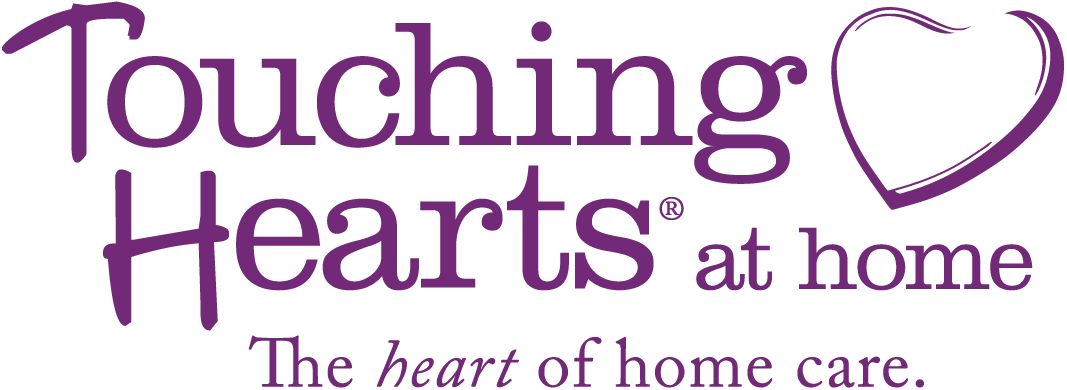As one of the most essential yet strained segments of healthcare, the direct care workforce is not […]
There are a million and one things to do when you’re starting your home health care business, including getting a license.
The US healthcare industry is heavily regulated to protect the public and ensure they receive the proper medical and nursing care. So without a license, your agency is stumped.
In most states, a home health care agency needs a license to operate both non-medical and skilled nursing services. Unfortunately, each state has its own license application process.
So, before you start your home health care business, you’ll need to become familiar with state regulations, the licensing process, the length of time for approval, and how often you have to renew your license.
And that’s what this guide is all about.
Do You Need a License to Start a Home Health Care Agency?
Only four US states currently don’t require a license to start a home health care agency:
- Iowa
- Massachusetts
- Michigan
- Ohio
The other states require a license inspection conducted by state officials or an accrediting body. Most states allow home health care agency owners to receive a provisional license followed by an assessment, but 18 states require an inspection visit first. After that, follow-up inspections may occur one, two, or three years later, depending on the state.
Furthermore, 14 states stipulate that home health care facilities file a Certificate of Need (CON) before proceeding. These certificates help state authorities control excess supply in the health care market by evaluating local demand before allowing a new facility or agency to open.
The home health care license application usually requires details about the business structure and criminal background checks of the management staff. In most cases, the agency must provide its National Provider Identification (NPI) number and proof of professional and liability insurance.
There are also different training requirements for nurses and caregivers. All registered nurses and licensed practical nurses must be registered to practice in the states in which your agency operates. However, training and certification requirements for caregivers are different in each state, some of which have no formal training requirements.
What Type of License Does a Home Health Business Need?
You can apply either for a home care license that provides non-medical services, such as personal care, housekeeping, and companionship, or a home health care license that provides both non-medical care and skilled nursing services.
How Long Does It Take to Get a Home Health License Approved?
The time it takes for your home health care license to be approved depends on your state and how many applications are currently being processed. It can take anywhere from under three months to as long as 18 months.
It’s best to contact your state directly to check how long it will take to get your home health license approved.
Are License Approvals Guaranteed?
There’s no guarantee that your license application will be approved.
If your application is complete and contains all the documents your state has requested, then it has a good chance of being approved.
However, if you forget to include something in the application, then the state will notify you, and you will need to provide additional information. In this case, your application may be delayed.
The most common reason for rejection is that the Administrator or a Director of Nursing (if required) doesn’t have the appropriate qualifications and experience.
Getting Certified with CMS (the Center for Medicare and Medicaid Services) to provide home health care services
To be certified to offer home health care in your state, a survey must take place. A surveyor from your state will be assigned to review your business, including a site visit, on behalf of CMS.
Patients must also be certified by a physician to be eligible to receive reimbursement for home health services through Medicare.
How Often Do You Have to Renew Licenses?
Most home health care licenses are renewed annually, but in some states, you only need to renew every two years.
You can renew your license by submitting a renewal form with a fee.
9 Steps to Get a Home Health Care License
Before you apply for a home health care license, there are a few things you need to arrange.
1. Research state licensing requirements and fees
The first step is to check the Secretary of State's website in your area and research your state licensing requirements and fees. Home health care license fees are either a flat rate or based on the number of employees.
2. Determine if a “Certificate of Need” is required
Depending on what services you’re going to offer, for instance, Medicare and Medicaid, you may require a “Certificate of Need.” You’ll need to check with the respective state department. But if it turns out you need one, then apply for the certificate first and then go for your license.
3. Set up a secure office location
You’ll need to set up a secure office location, even if it’s in your home (which needs to adhere to local zoning laws), including locked cabinets to store client and team records. Your state may require you to have staff and public access at your office during business hours.
Note: Make sure you include a copy of your lease with your license application.
4. Draft a business plan
You might have to submit a business plan when you apply for your license, but it’s worth drafting one anyhow when you’re starting a home health care agency.
5. Register your business with the Secretary of State
You’ll need to register your business with the Secretary of State and State Department of Revenue Services.
In most cases, registering your business is as simple as filing your business name with state and local governments.
6. Hire appropriate staff
You’ll need to hire an Administrator (unless you’re managing the agency), a Director of Nursing, and a backup Registered Nurse before applying for your license.
7. Check staff screening requirements
Depending on your state regulations, your staff – including managers, directors, and caregivers – may require a criminal background check, and may also require fingerprints and random drug testing. Even if your state does not require background checks, it is strongly encouraged for the safety of your business, staff, and clients.
Caregivers and nurses will need to be cleared for tuberculosis. You’ll need to verify nursing licenses with the state board. Depending on your state, there may also be a registry for certified nursing assistants (CNAs) and home health aides (HHAs). You’ll want to confirm if this is required and if so, that your CNAs and HHAs are state-registered as well.
8. Comply with state training requirements
Again, depending on your state, you’ll have to comply with state training requirements. For example, in Florida, caregivers need 40 hours of Home Health Aide training plus approved ADRD (Alzheimer’s Disease or Related Disorders) training, as well as approved CNA CEUs.
CareAcademy's online caregiver training is available in all 50 states. Classes are auto-assigned based on your state, so you can use the platform to ensure staff complies with state training requirements.
CareAcademy’s online training ensures agency owners and caregivers have a paper trail to ensure documentation for compliance purposes.
9. Purchase adequate insurance
It’s essential to purchase adequate insurance. As a minimum, you’ll need Professional Liability Insurance, but you may also require General Liability Insurance and Cybersecurity Insurance. Check with your state.
Final Thoughts
Before you launch your home health care business, make sure you’re familiar with your state’s licensing process, CMS certification requirements, and are set up to have compliant caregiver training.
Check out the range of online training at CareAcademy to get your business off to the perfect start with fully-qualified and compliant caregivers. Or, book a demo, and we’ll discuss your needs, state requirements, and explore how CareAcademy can get your staff trained and equipped with the skills needed to provide home health care for full compliance as soon as possible.






